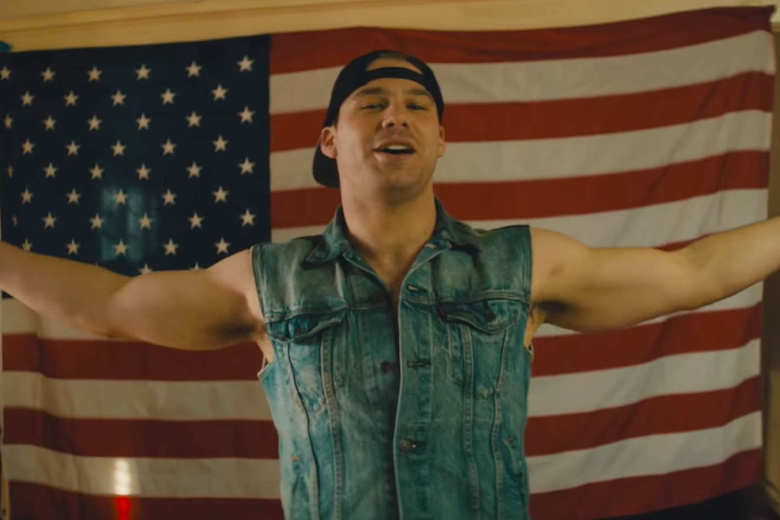‘American Male’ Exposes Grim Reality of Toxic Masculinity

“Now I am no longer a person, but a set of social cues.” The internal narrative of the primary subject concludes this riveting short film as he repeatedly beats and paddles what the viewer assumes to be a fraternity pledge, surrounded by his fraternity brothers who shout encouraging praises. The young man screams “faggot” at the pledge several times as the scene becomes more violent, with the other fraternity brothers restraining this character who is clearly responding to his own internalized homophobia.
‘American Male’ Wins MTV’s Short Film Challenge
The short film “American Male” has been awarded the the title of winner for MTV’s Look Different Creator Competition, a film challenge posed to prospective and aspiring filmmakers who have groundbreaking ideas for new video projects. This year, MTV chose this 6-minute film that focuses on idealized western masculinity, virulent homophobia, perceptions of gender-based psychological weakness and strength, and the toxic implications of these relevant social constructs.
Perceptions of Idealized Masculinity
The audible internal monologue of a young fraternity man provides the plot for this film as sequences of shots portray the interactions of groups of young, assumingly American men. The narrator defines contrasting illustrations of how a man should interact with friends, food, apparel, color, mannerisms, and even music, compared to the expectations for women. In one sequence, the narrative states that men must “…steer clear of the arts, unless you live on the coast. That means no theatre, dancing, painting, poetry, or prose. Too much reading is also risky because it makes you look soft.” Whether our character would otherwise enjoy these activities is irrelevant; the intention is to reinforce these stereotypes through this eerily monotone monologue.
Same-Sex Attraction and Internalized Homophobia
Several times during this short film the primary character catches the gaze of what the viewer assumes is another fraternity brother, portraying an attraction to this subject which is hidden by our character’s shame and guilt. Throughout the film our character warns against certain habits such as eating tofu, citing these as “gay,” or potentially corrupting and volatile activities to masculinity. The tension between these two characters is overwhelmed by the internal tension and internalized homophobia experienced by the main character, who violently lashes out at a fraternity pledge in the closing sequence. The firmness of tone expressed in his monologue makes it apparent to the viewer that he believes he would be rejected for opposing these societal norms his psyche has constructed, and therefore decides that it is necessary to prove his masculinity through violence and aggression.
“At a young age, I began to closely observe the people around me. The way they talked, the way they walked, what they said, where it got them” our narrator states as he provides the viewer with insight as to how he has internalized these norms. This observation of normalized interaction and the idealized stoic man creates a pervasive toxic masculinity, manifested and expressed through the outburst in violence toward the pledge in the final sequence.
The Director’s Vision
In an interview with The Huffington Post, filmmaker Michael Rohrbaugh stated that his intention is to display ways in which young, American men overcompensate to prove their masculinity, which has detrimental psychological effects on the development of young men. He also stated that he wants viewers to reflect on their own falsehoods that might be holding them back, and consider the societal norms rooted in discrimination that teach people to be ashamed of who they are.
Rohrbaugh achieves the unique and violent development of this message through his brilliant filmwork that can be difficult to watch. The viewer is forced to realize the pain this life of suppression and forced ideals of masculinity causes the primary character. Rohrbaugh sends a beautiful message urging both men and women to live their truth, despite opposing societal constructs.
